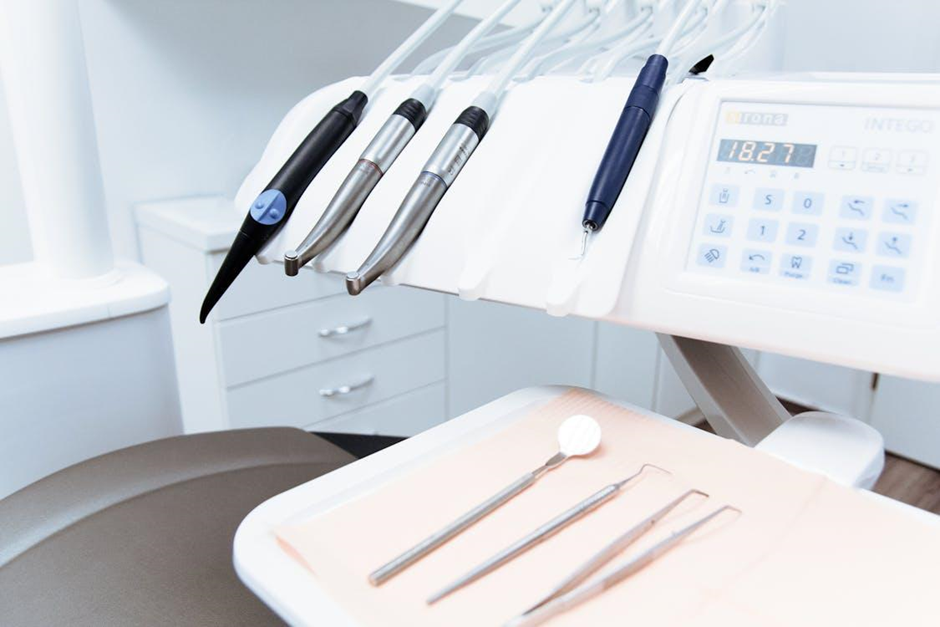Dental Implants vs Dentures – Which One Is Better?
Dental Implants
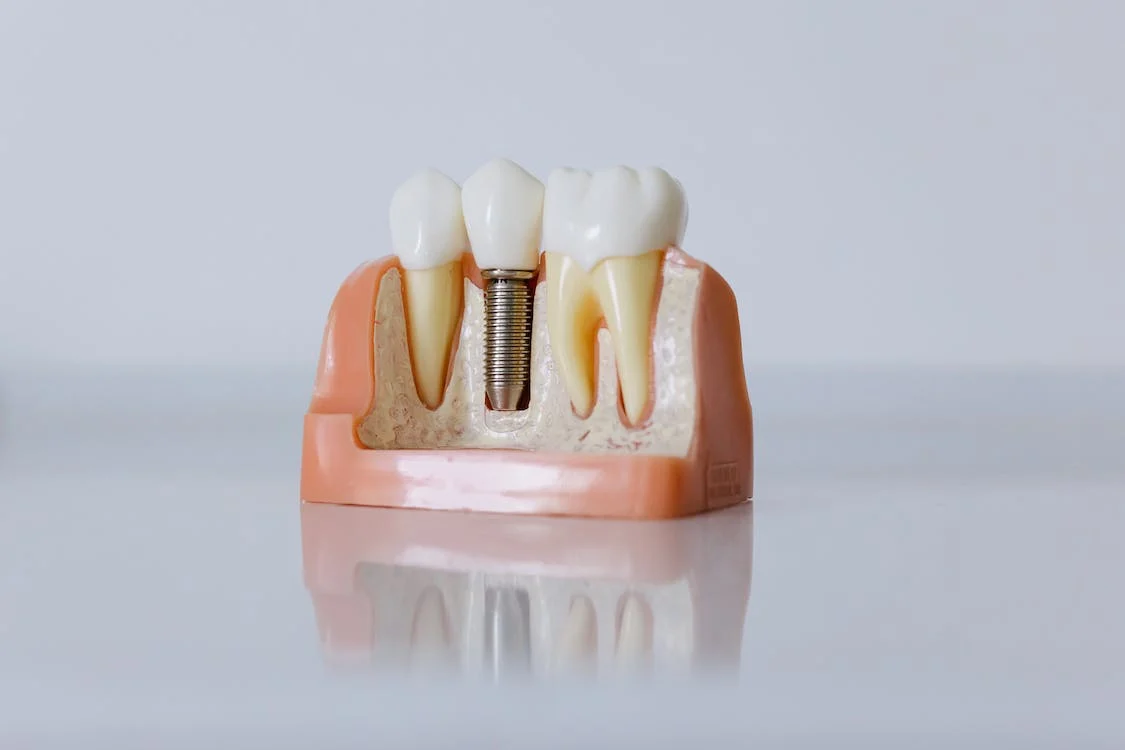
Table of Contents
Dental Implants vs Dentures
A bright, confident smile is aesthetically pleasing and indicates good dental health, which is crucial for our overall well-being. However, as time takes its toll on our bodies, our teeth may show signs of wear, decay, or loss.
When faced with tooth replacement, there are typically two main choices: dental implants or dentures. Both of these have their merits and drawbacks, but which one is better? If you were faced with the decision, what should you pick?
In this article, we’ll look at each and find an answer to the question.
Dental Implants
Dental implants are advanced, permanent solutions for replacing missing teeth and restoring oral function. Comprising titanium posts surgically anchored into the jawbone, dental implants serve as sturdy foundations for artificial teeth, such as crowns or bridges.
The process involves a meticulous surgical procedure, allowing the titanium posts to fuse with the jawbone in a natural process called osseointegration. The result is a tooth that looks perfectly natural.
Pros of Dental Implants
Natural Feel and Appearance
Dental implants are widely acclaimed for their ability to closely mimic the look and feel of natural teeth. The titanium posts, which are surgically implanted into the jawbone, provide a stable foundation for replacement teeth. This stability not only enhances functionality but also ensures a more natural appearance.
Durability
Dental implants are designed to be a long-term solution. They can last for decades with proper care and maintenance, making them a durable and cost-effective choice in the long run.
Preservation of Jawbone
Unlike dentures, dental implants actively contribute to the preservation of jawbone density. The titanium posts stimulate the surrounding bone tissue, preventing the bone loss often accompanying tooth extraction and reducing the risk of facial sagging over time.
Improved Chewing Function
Dental implants offer superior chewing function compared to traditional dentures. Since they are anchored securely in the jawbone, patients can enjoy a more varied diet without worrying about slippage or discomfort.
Cons of Dental Implants
Cost
One of the main drawbacks of dental implants is their initial cost. The procedure involves surgery, and the materials used, such as titanium and porcelain, can be relatively expensive. However, it’s essential to consider the long-term benefits when evaluating the overall cost.
Surgical Procedure
Implant placement requires a surgical procedure, which might not be suitable for everyone. Some individuals may have underlying health conditions that make surgery risky, or they may simply be uncomfortable with the idea of undergoing a surgical intervention.
Healing Time
The process of osseointegration, where the implant fuses with the jawbone, requires time. Patients must be prepared for a healing period before the final restoration can be placed. This can extend the overall treatment timeline.
Dentures
Dentures are removable dental appliances that replace missing teeth and restore oral functionality and aesthetics. Typically made from acrylic or a combination of materials, dentures come in two main types: full dentures, which replace an entire set of teeth, and partial dentures, which replace only a few missing teeth.
Pros of Dentures
Affordability
Dentures are generally more budget-friendly than dental implants. This makes them a more accessible option for individuals who may not have the financial means to invest in a more expensive solution.
Non-Invasive
Unlike dental implants, getting dentures does not involve surgery. This makes them a viable choice for individuals who may not be suitable candidates for surgical procedures or those who are averse to going under the knife.
Adaptability
Dentures can be a versatile solution, particularly for those who have lost multiple teeth. Full dentures can replace an entire set of teeth, while partial dentures are an option for those who still have some natural teeth remaining.
Quicker Results
The process of obtaining dentures is generally quicker than that of dental implants. Once the initial impressions are taken, the fabrication of dentures can proceed relatively rapidly.
Cons of Dentures
Aesthetic Limitations
While modern dentures have come a long way in terms of aesthetics, they may not offer the same level of realism as dental implants. Dentures can sometimes look less natural, especially if they are not properly fitted or if the materials used are of lower quality.
Chewing Limitations
Dentures may not provide the same chewing efficiency as dental implants. Some individuals may experience difficulty eating certain types of food, and there is a risk of dentures slipping or shifting while eating, which can be inconvenient and uncomfortable.
Bone Resorption
Dentures do not contribute to bone preservation, and wearing them over an extended period can lead to bone resorption. This process can alter the fit of dentures over time, necessitating adjustments or replacements.
Maintenance
Dentures require regular maintenance, including cleaning, soaking, and occasional adjustments. Failure to adhere to proper denture care can lead to oral health issues and discomfort.
Making the Decision
When deciding between dental implants and dentures, it’s crucial to consider individual needs, preferences, and health factors. Here are some key factors to keep in mind.
Budget
Dental implants may be the right choice if you view your dental care as a long-term investment and are willing to make a substantial upfront payment for a solution that will last for many years. If cost is a significant factor and a more affordable upfront option is necessary, dentures may be the more practical choice.
Health and Bone Preservation
If preserving jawbone density is a priority and you are in good health, dental implants offer a proactive approach to maintaining oral and facial structure.
Natural Look and Feel
If a natural appearance and the closest possible replication of natural teeth are essential to you, dental implants are more likely to meet your expectations.
Healing and Medical Risks
Dental implants could be a suitable option if you can accommodate the healing time required for the implant procedure and are willing to follow post-operative care instructions diligently. If you are averse to surgical procedures or have health conditions that make surgery risky, dentures provide a non-invasive alternative.
The Verdict
Ultimately, the decision between dental implants and dentures is a personal one that should be made after careful consideration of individual needs, preferences, and circumstances. Each option has its own set of advantages and drawbacks, and what might be the ideal choice for one person may not be suitable for another.
If you’re facing tooth loss and weighing your options, you may want to get input from a dentist. Our experts at dental implants in dubai can help you determine the best choice for you. Contact us now for more information!
Also Read : Before deciding, explore the essential factors to consider for dental implants in our blog on What Are The Factors To Consider Before Getting A Dental Implant.
Book an Appointment With Your Doctor NOW!
Ready for a brighter smile? Schedule your appointment with Dr. Paul’s Dental Clinic today and experience exceptional dental care.
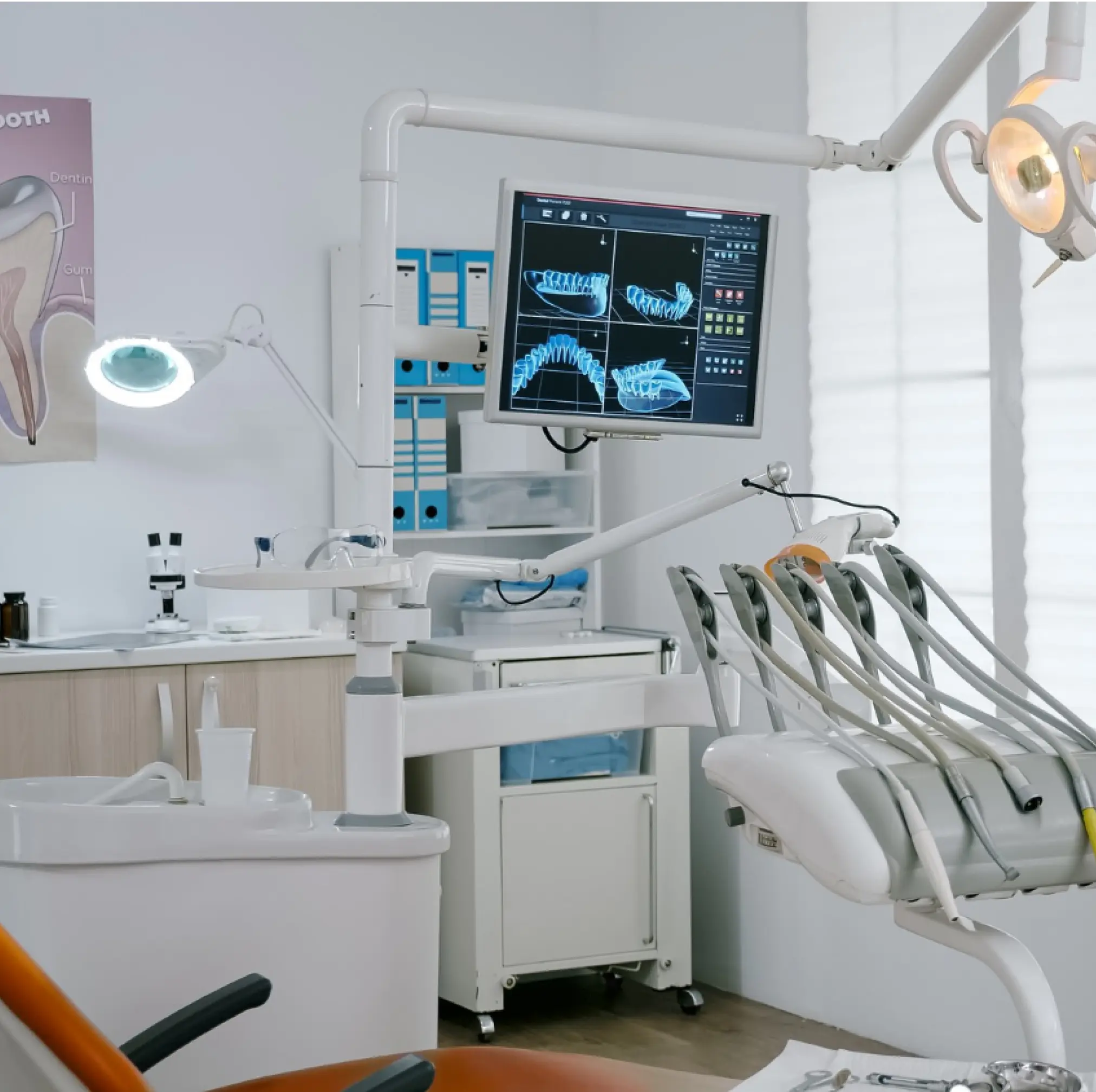
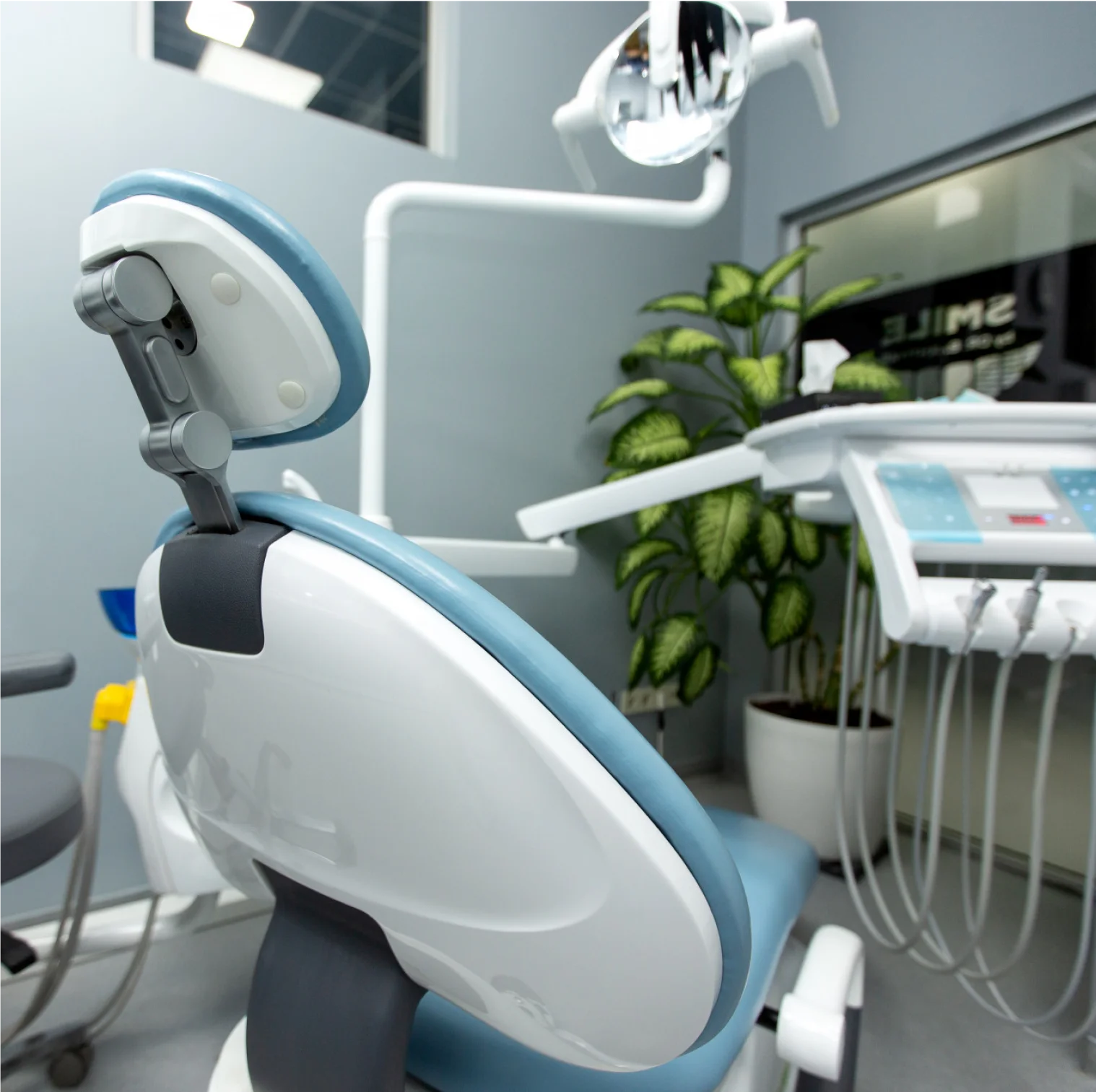

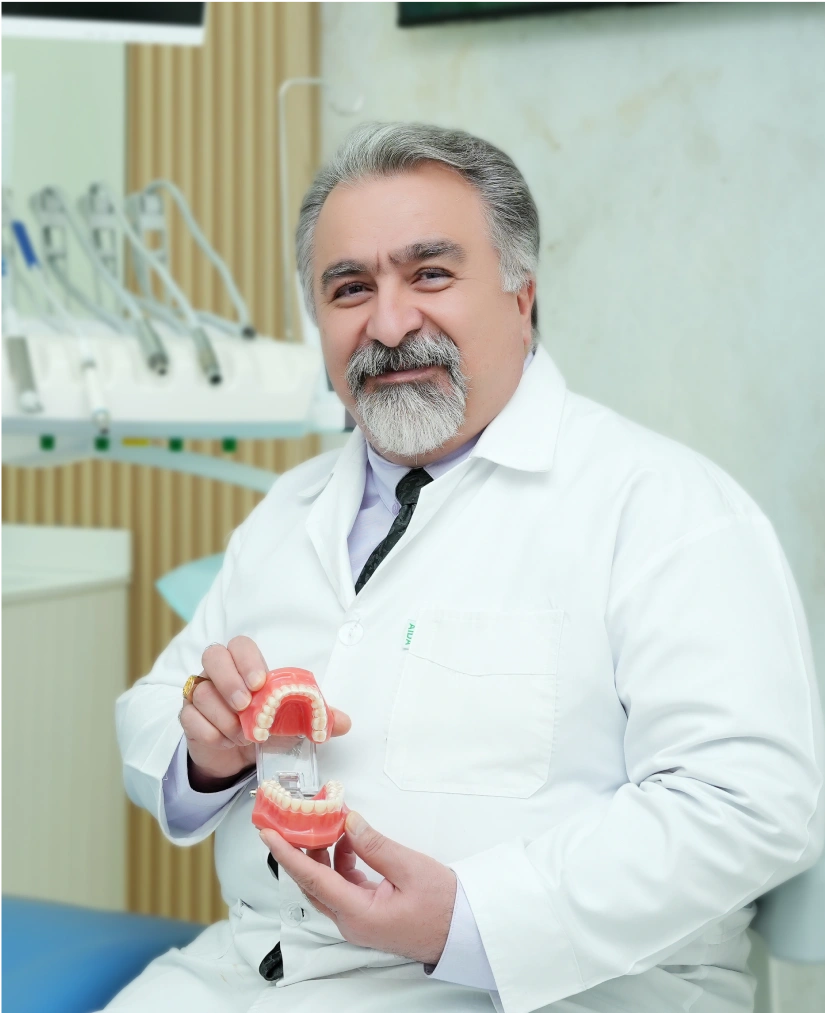 Dr. Babak Babaei
Dr. Babak Babaei 

